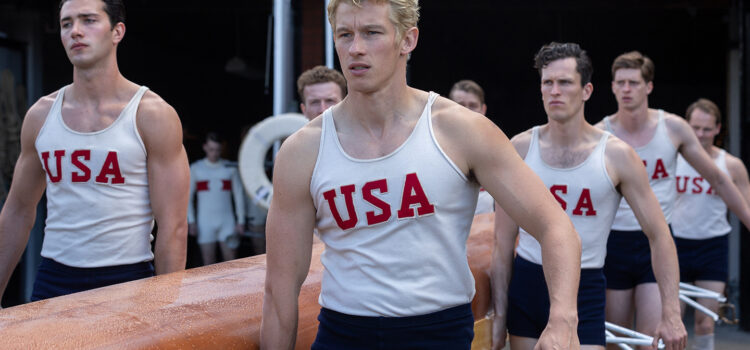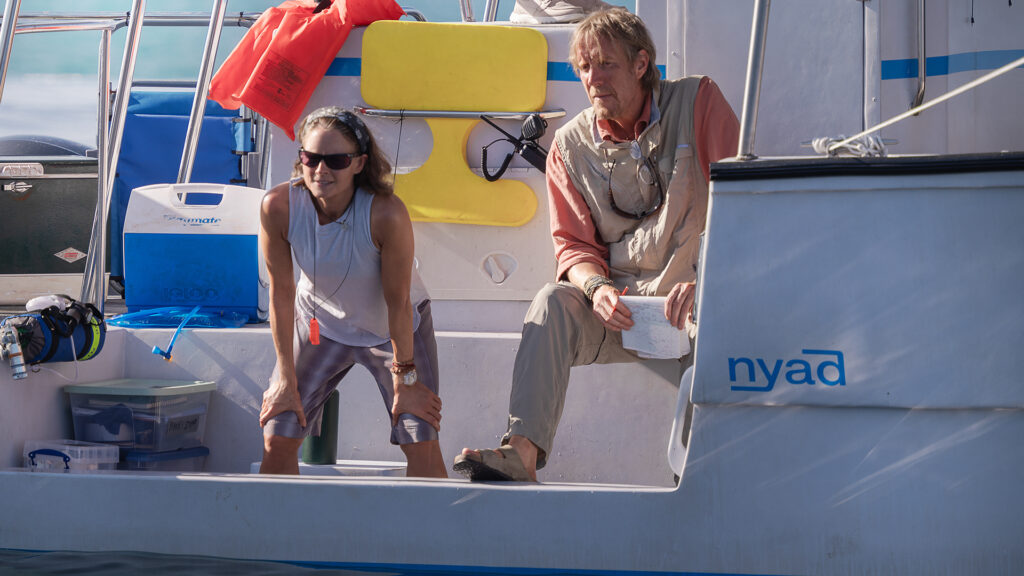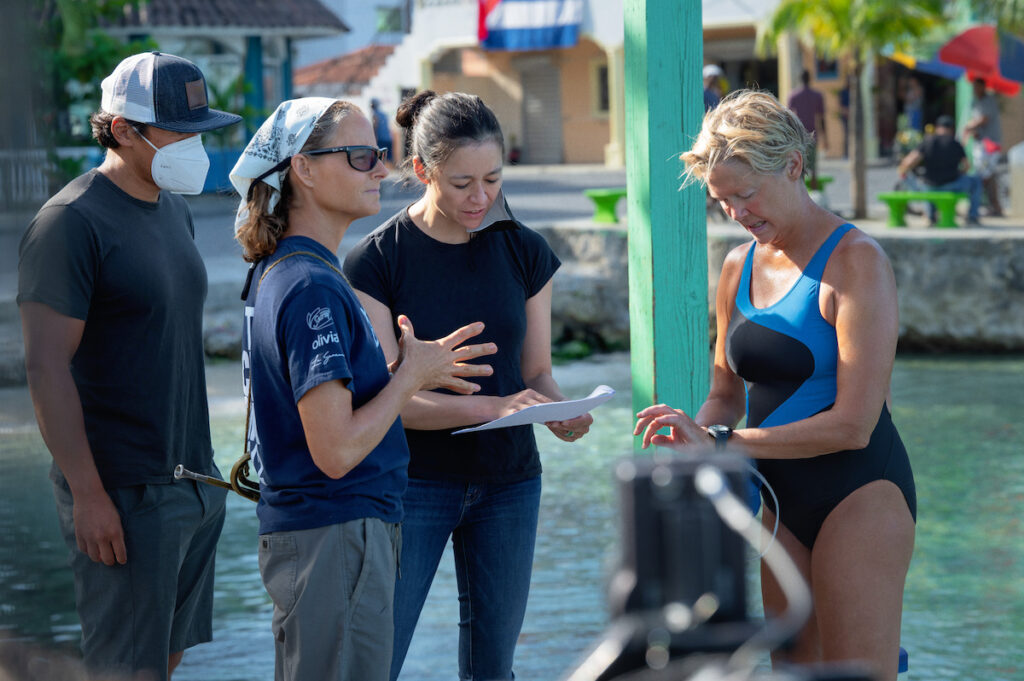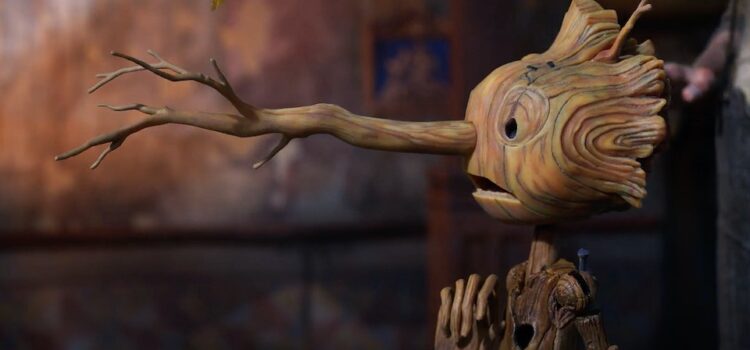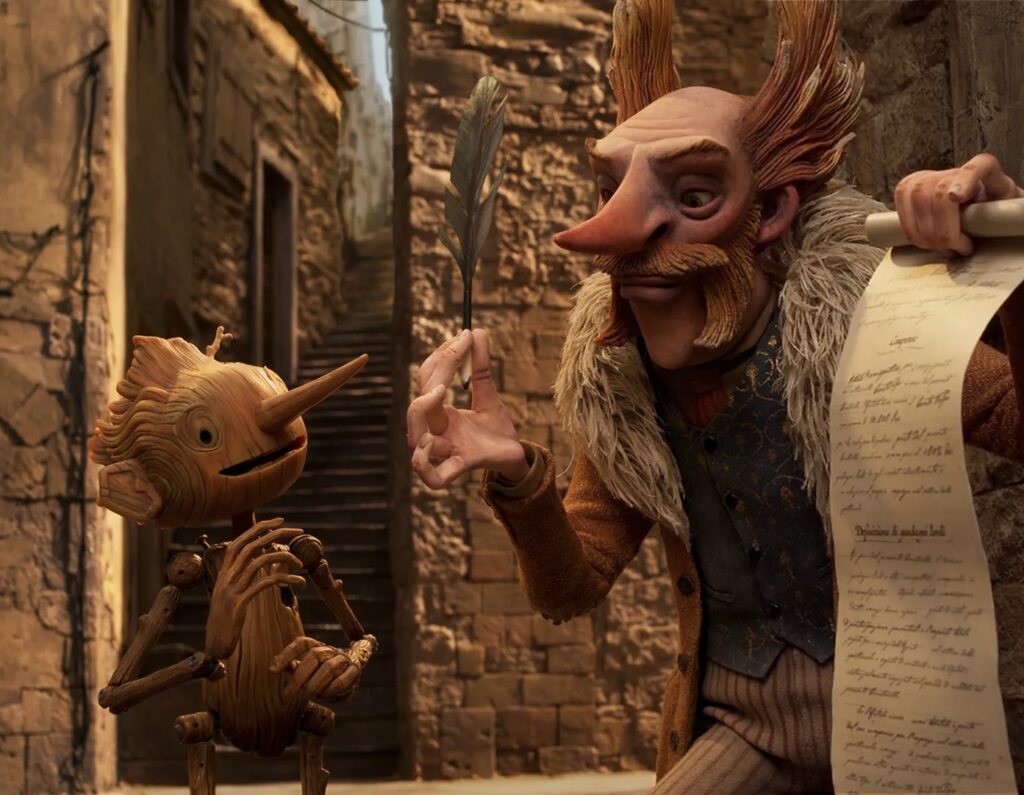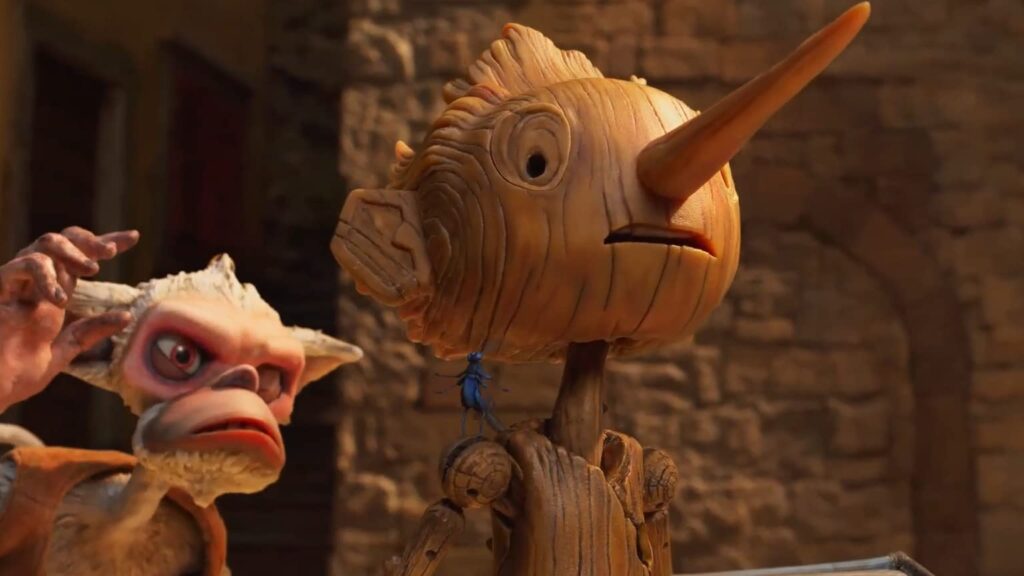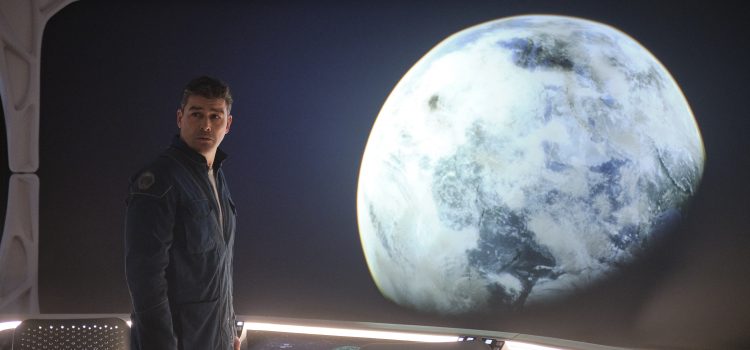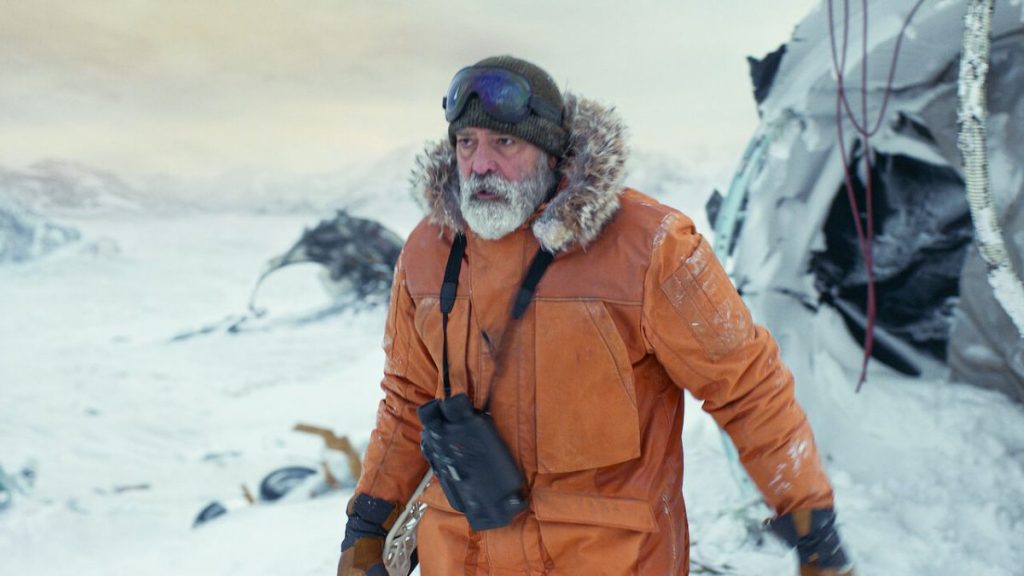By Lynn Venhaus
While it has all the makings of an old-fashioned feel-good sports drama, perhaps we’ve seen too many rousing underdog team stories so that “The Boys in the Boat” pales in comparison to other revered crowd-pleasers (“Rudy,” “Hoosiers,” “Remember the Titans”).
This latest example of scrappy athletes overcoming obstacles is based on a bestselling nonfiction book by Daniel James Brown, “The Boys in the Boat: Nine Americans and Their Epic Quest for Gold at the 1936 Berlin Olympics,” which was published in 2013.
At the height of the Great Depression, an underdog team of rowers at the University of Washington struggle and sacrifice, eventually competing in the ”world is watching’ Hitler Summer Olympics.
Their true story is remarkable – eight guys from lower-middle-class families overcome obstacles, endure the uncertainty of the Great Depression, and find glory at the Nazi Olympics, triumphing while Hitler’s Third-Reich propaganda was in full force.
But the script by Mark L. Smith, adapting Brown’s book, hits the predictable beats in such an uninspired way that it feels generic. Smith must be a streaky writer, for he crafted the wilderness epic “The Revenant” but also the confusing and clumsy storytelling in “The Midnight Sky” and the forgettable “The Marsh King’s Daughter” earlier this fall.
This is the second time Smith has worked with Clooney as a director, first with the aforementioned “The Midnight Sky” in 2020.
This is Clooney’s ninth film in the director’s chair, and while I’m sure the movie has enough components to move some people, it seems too familiar and flat. There is little that is special about it.
His last, in 2021, “The Tender Bar,” was a heartfelt coming-of-age story also based on a book. He showed such great promise with “Good Night, and Good Luck” in 2005 and “The Ides of March” in 2011, that you’d think a story tailor-made for Hollywood treatment would be a perfect fit.
He does work well with young actors, but the script lets them down because their characters are largely underdeveloped. The eight-man rowing shell doesn’t have any star power either, and I’m sure that was intentional, to make them a team in every sense of the word.
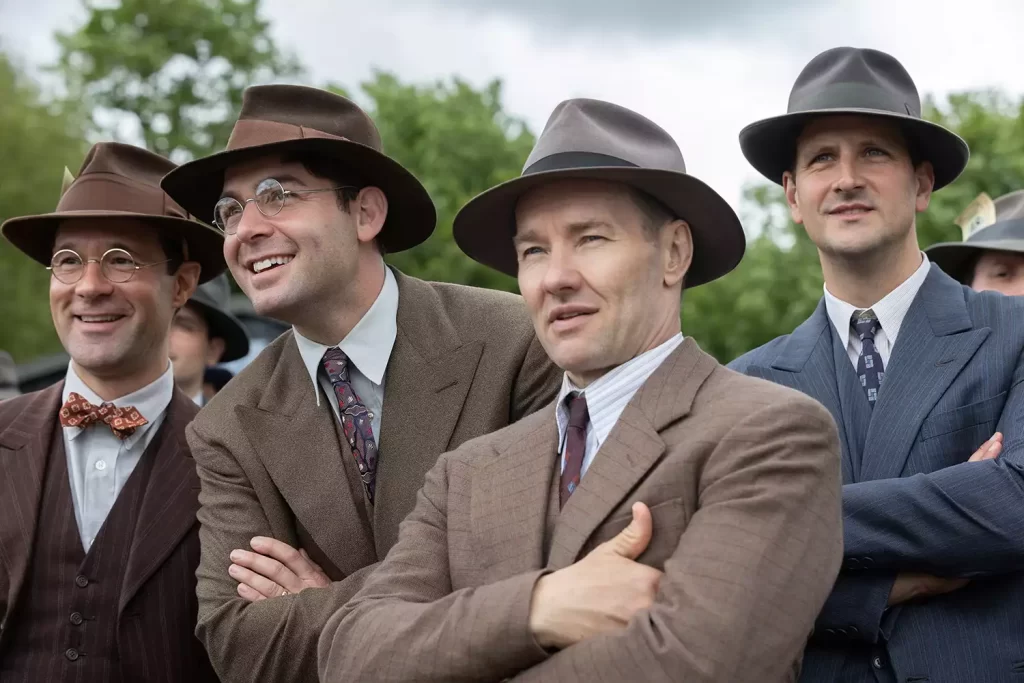
Callum Turner, as poor boy Joe Rantz, has the most compelling story arc, although predictable. He’s on his own, sleeping in a car, and can’t pay his tuition, so when he finds out rowers are given places to stay and a job, he’s in.
Rantz becomes the de facto leader of the motley crew, and you just know they will beat the odds (besides, you already know the outcome of what happened 87 years ago). The handsome Turner (Theseus Scamander in the “Fantastic Beasts” movie franchise) is likable as Joe, but a subplot with girlfriend Joyce (Hadley Robinson) seems perfunctory.
Joel Edgerton is their coach Al Ulbrickson, a no-nonsense guy who believes in his team but has a gruff manner. He wants them to achieve “swing,” when teammates are in perfect union so that the symmetry feels like poetry.
By the time they are on their improbable trajectory, the film builds up some energy and it’s stirring when they beat Ivy Leaguers for the Olympic spot, and of course, the whole USA vs. Hitler match-up in Germany goes for the obvious.
While often clunky in storytelling, the conventional sports saga has a beautiful look – the sun on the rippling water, young muscular lads exerting themselves in competition, and the imposing Olympic-size landscape. Cinematographer Martin Ruhe, who has worked with Clooney several times (including those Nespresso commercials), captures the action well. And Alexander Desplat’s score swells with emotion at the right times.
A documentary “The Boys of ’36,” is currently streaming on PBS, and was first broadcast on “American Experience” in 2016. It may flesh out some of the story that the fictional account fails to deliver.
A beat-all-the-odds real-life story deserved a better movie than filmmakers put together. They needed more than a rah-rah message of “we’re all in the same boat.” (OK, groan).
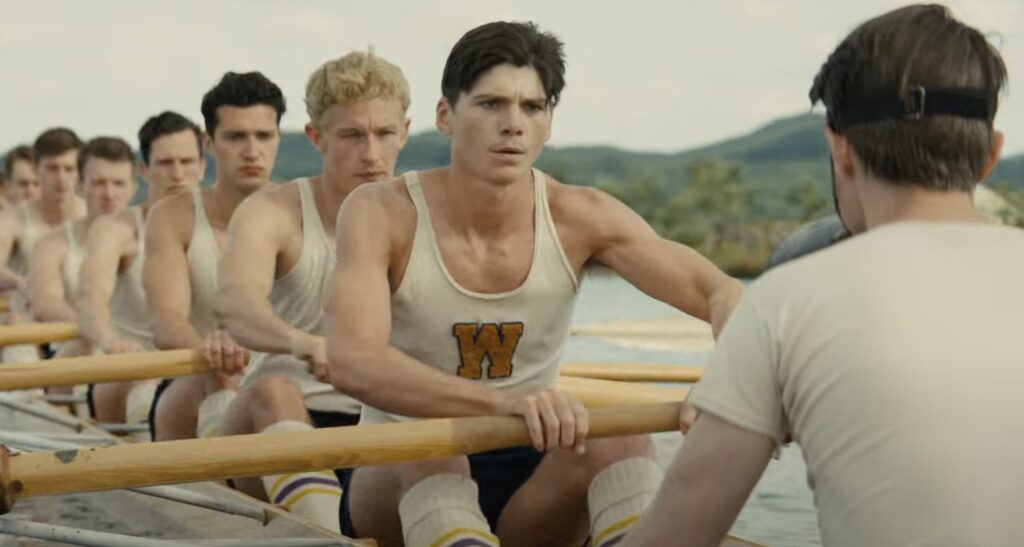
“The Boys in the Boat” is a 2023 Biography, Drama, Sports film directed by George Clooney and starring Joel Edgerton, Callum Turner, and Hadley Robinson. It is rated: PG-13 for language and smoking and runtime is 2 hours, 4 minutes. Opens in theaters Dec. 25, and will eventually stream on Amazon Prime. Lynn’s Grade: C

Lynn (Zipfel) Venhaus has had a continuous byline in St. Louis metro region publications since 1978. She writes features and news for Belleville News-Democrat and contributes to St. Louis magazine and other publications.
She is a Rotten Tomatoes-approved film critic, currently reviews films for Webster-Kirkwood Times and KTRS Radio, covers entertainment for PopLifeSTL.com and co-hosts podcast PopLifeSTL.com…Presents.
She is a member of Critics Choice Association, where she serves on the women’s and marketing committees; Alliance of Women Film Journalists; and on the board of the St. Louis Film Critics Association. She is a founding and board member of the St. Louis Theater Circle.
She is retired from teaching journalism/media as an adjunct college instructor.

